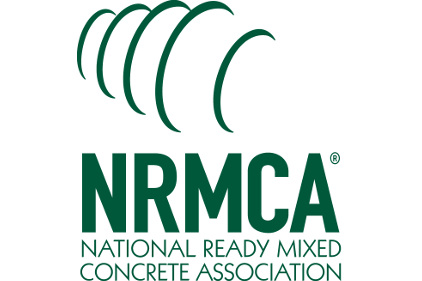The National Ready Mixed Concrete Association (NRMCA) has published an industry-average Environmental Product Declaration (EPD), as well as the first comprehensive set of environmental baselines in support of Architecture 2030’s 2030 Challenge for Products.
According to the association, these baselines allow manufacturers and specifiers to demonstrate progress toward the 2030 Challenge for Products’ goals of incremental reductions in carbon emissions from 35% below baseline in 2015 to 50% below baseline in 2030.
"Concrete is the world's most widely used construction material. It is used for nearly every construction project: homes, buildings, roadways, bridges, airports and rail systems. As a result, concrete production, mostly from the manufacture of Portland cement, produces nearly 5% of the global greenhouse-gas (GHG) emissions caused by human activity," said Robert Garbini, president of NRMCA. "NRMCA’s baseline impacts for concrete, representing 2,258 concrete plants throughout North America, marks a significant and unprecedented step in the 2030 Challenge for Products effort."
Garbini added, "It is a testament to our members’ dedication to reducing the environmental impact of making concrete that they came together to develop the industry-wide EPD for concrete and establish baselines to benchmark their progress toward meeting the 2030 Challenge for Products.”
“NRMCA and its members have taken a giant step forward by publishing comprehensive concrete emissions baselines," said Edward Mazria, founder and CEO of Architecture 2030.
To date, 29 manufacturers, design firms and industry organizations have adopted the 2030 Challenge for Products, according to Mazria. NRMCA was the first industry organization to adopt the Products Challenge and members of NRMCA have collectively published product-specific EPDs covering more than 2,000 products.
Click here for more information about the 2030 Challenge for Products.

Report Abusive Comment